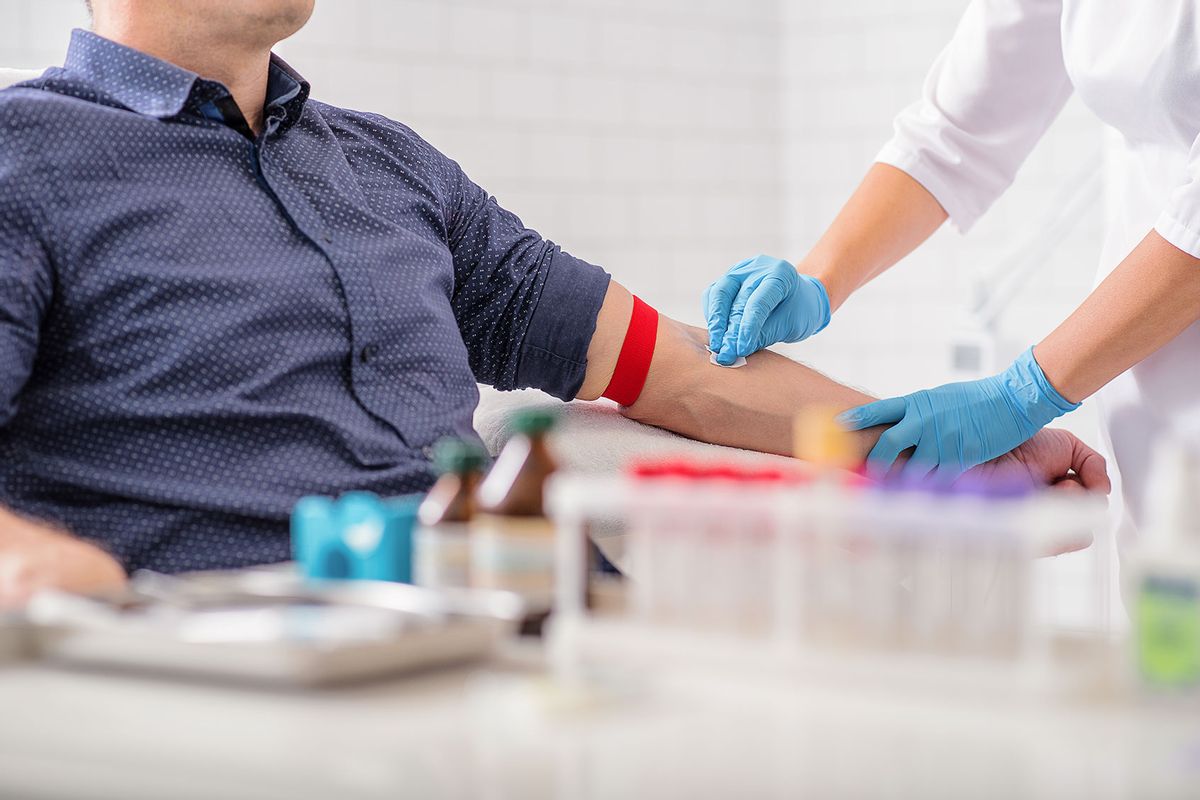More gay and bisexual men can donate blood after American Red Cross updates guidelines

Donating blood can be one of the kindest, simplest ways to save someone else’s life (and sometimes afterward, you get a free cookie, too). For decades, however, certain individuals have been excluded from donating their blood, a practice criticized as discriminatory by the nation’s leading LGBTQ+ advocacy groups. Specifically, men who have sex with men (MSM) have been excluded from donating blood, as stigma surrounding HIV/AIDS remains.
On May 11, the U.S. Food and Drug Administration (FDA) updated its recommendations for assessing blood donor eligibility, which employs a series of risk-based questions aimed at reducing the risk of HIV infections that can occur from blood transfusions. The updated questions are now the same for all donors, regardless of sexual orientation, sex or gender.
“The FDA is committed to working closely with the blood collection industry to help ensure timely implementation of the new recommendations,” Dr. Peter Marks, director of the FDA’s Center for Biologics Evaluation and Research, said at the time. Now, the American Red Cross — a nonprofit that holds more than 500 blood drives every day, which bring in more than 4.6 million units of blood per year — has taken the FDA up on these recommendations, effective Aug. 7, 2023.
North Carolina Health Secretary Kody Kinsley, who is gay, promised to be among the first in line to donate under the change. “I’m thrilled that after decades of a policy that was reinforced in stigma, that the FDA has leaned into the science and created a policy that’s based off risky behaviors, and not who people are,” Kinsley told WFAE.
Despite the recent updates, some barriers to blood donation still remain for MSM. For example, potential donors who report having anal sex with new partners in the last three months won’t be able to donate, according to the Advocate. “The Red Cross celebrates this significant progress and also recognizes there is more work to be done to make blood donation even more inclusive,” the agency wrote on its website.
Yet, some progress has been made on an issue that advocates say has maligned MSM for decades, diminishing a policy that wasn’t rooted solely in science. It will almost certainly provide more blood for the individuals who need it.

